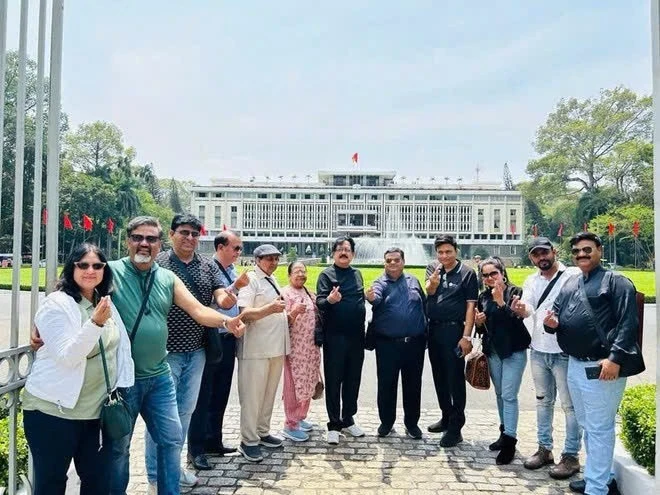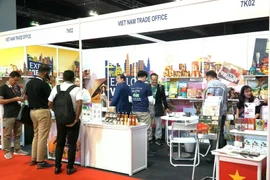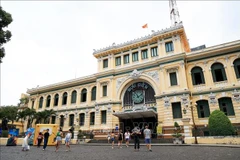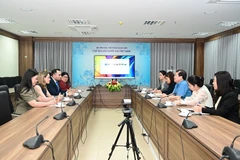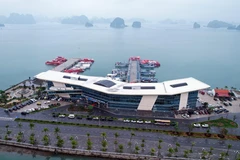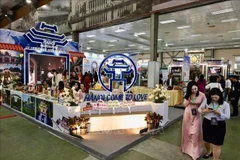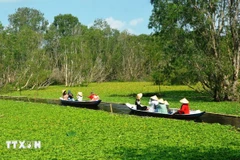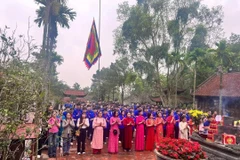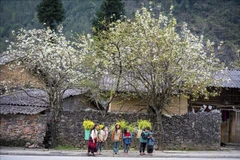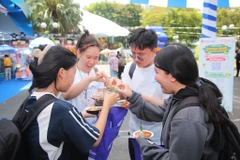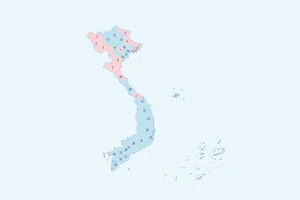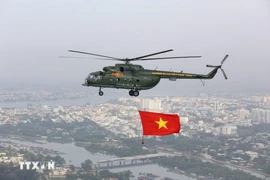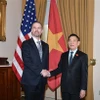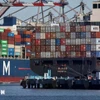Hanoi (VNA) – An international conference on the prospects of Halal tourism development in Hanoi was held in the capital city on April 15.
Jointly organised by the Hanoi College of Commerce and Tourism, the Institute for South Asian, West Asian, and African Studies (ISAWAAS) and the Vietnam Halal Certification Centre, the event attracted around 150 participants, including diplomats, experts, and major companies. Representatives from the embassies of Azerbaijan, Pakistan, Iran, Palestine, and Turkey also attended.
Principal of the Hanoi College of Commerce and Tourism Trinh Thi Thu Ha highlighted that Halal tourism is a growing global trend, expected to reach a value of 350 billion USD by 2030. With over 1.9 billion Muslims worldwide, this market offers huge potential, and Vietnam should take proactive moves to access.
The college aims to help with training and developing Halal service models for local businesses, she noted.
Although Hanoi has rich tourism assets such as landscapes, cuisine and infrastructure, its Halal products and services remain underdeveloped. The conference served as a platform to promote collaboration among schools, businesses, policymakers, and international partners to make Hanoi a more Muslim-friendly destination, Ha went on.
Speakers looked into global trends of the Halal industry, the status of and opportunities for Halal tourism in Hanoi, as well as suggestions for training human resources for Halal tourism.
Emphasising the importance of training tour guides to understand Halal principles and meet Muslim travellers' needs, Ramlan Osman, Director of the National Halal Certification Centre, noted Vietnam’s potential to become a magnet for Muslim tourists if infrastructure, human resources, and awareness in society are properly improved.
Assoc. Prof. Dr. Dinh Cong Hoang, head of the Middle Eastern and West Asian studies division at ISAWAAS, said the Muslim community is one of the fastest-growing consumer segment in the world. Hanoi, an economic, cultural and tourism hub, attracts over 50,000 Muslim tourists annually and is one of three cities, aside from Ho Chi Minh City and Da Nang, chosen by the Ministry of Foreign Affairs to support the promotion of Halal products on a trial basis.
However, he also pointed out that local Halal services as well as human resources serving Halal tourism remain modest.
At the conference, the Hanoi college launched a Halal training centre and introduced a national-standard curriculum on Muslim-friendly tourism, the first for a vocational education institution in Vietnam. It also signed several cooperation agreements with domestic and foreign partners to support Halal tourism development.
Halal tourism refers to travel services tailored to Muslim needs such as food, prayer facilities, and respectful hospitality.
In 2023, the global Halal tourism market was valued at 266 billion USD, projected to grow to 276 billion USD in 2024 and 350 billion USD by 2030. Muslim travellers, particularly those from members of the Gulf Cooperation Council (GCC), are known for high spending. An estimated 160 million Muslims travelled in 2024, according to the Global Muslim Travel Index./.

